Education

More in Education

Creating change in biochemistry education
Pamela Mertz will receive the ASBMB William C. Rose Award for Exemplary Contributions to Education at the ASBMB Annual Meeting, March 7-10 in Washington, D.C.

Trainee mentorship as immortality
Suzanne Barbour will receive the ASBMB Sustained Leadership Award at the ASBMB Annual Meeting, March 7-10 in Washington, D.C.

Redefining excellence to drive equity and innovation
Donita Brady will receive the ASBMB Ruth Kirschstein Award for Maximizing Access in Science at the ASBMB Annual Meeting, March 7–10, just outside of Washington, D.C.

Debugging my code and teaching with ChatGPT
AI tools like ChatGPT have changed the way an assistant professor teaches and does research. But, he asserts that real growth still comes from struggle, and educators must help students use AI wisely — as scaffolds, not shortcuts.
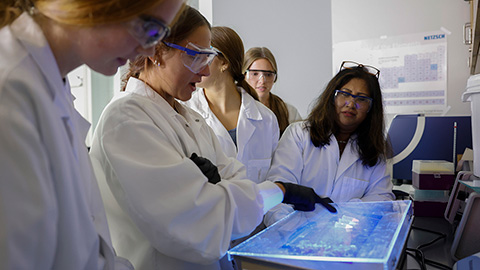
How AlphaFold transformed my classroom into a research lab
A high school science teacher reflects on how AI-integrated technologies help her students ponder realistic research questions with hands-on learning.
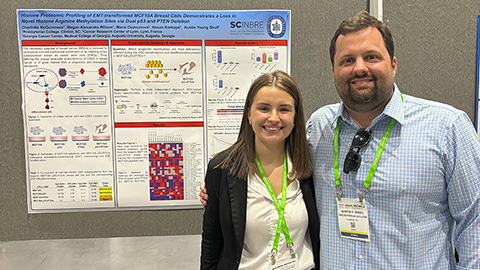
Writing with AI turns chaos into clarity
Associate professor shares how generative AI, used as a creative whiteboard, helps scientists refine ideas, structure complexity and sharpen clarity — transforming the messy process of discovery into compelling science writing.
How undergrad research catalyzes scientific careers
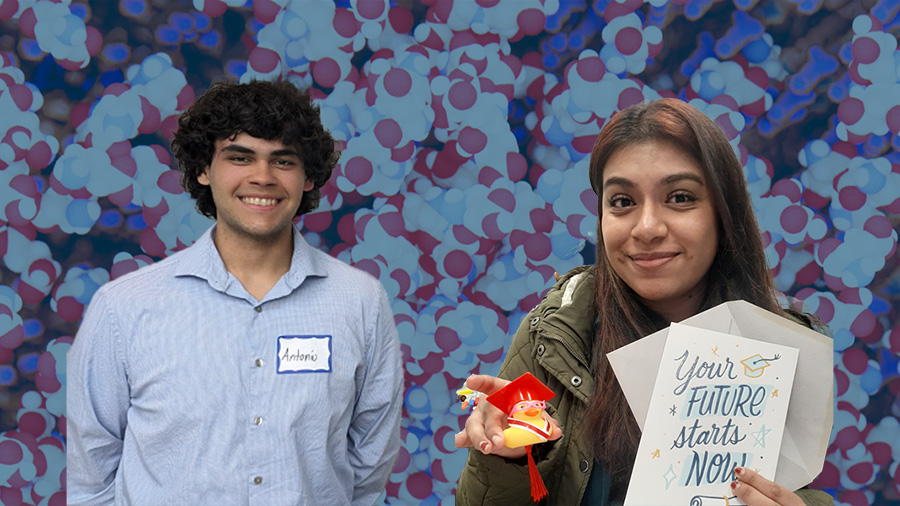
More in Education

Talk nerdy to me: Communicating research that matters
Master science communication: learn to engage the public, work with the press and explore new careers — from consulting to media — through ASBMB’s Art of Science Communication course.
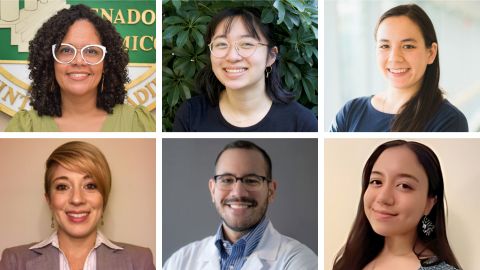
Meet the 2025 SOC grant awardees
Five science outreach and communication projects received up to $1,000 from ASBMB to promote the understanding of molecular life science.
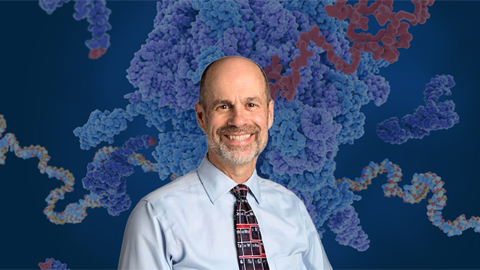
The BASIL blueprint for biochem labs
Paul Craig developed a program that helps educators develop engaging courses that empower students and allow them to engage in hands-on scientific research.
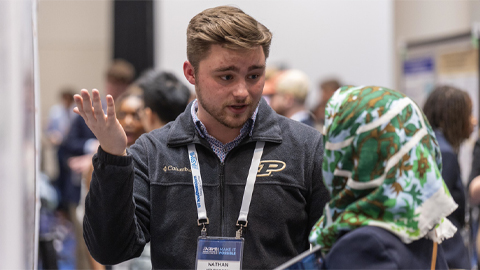
AI can be an asset, ASBMB educators say
Pedagogy experts share how they use artificial intelligence to save time, increase accessibility and prepare students for a changing world.
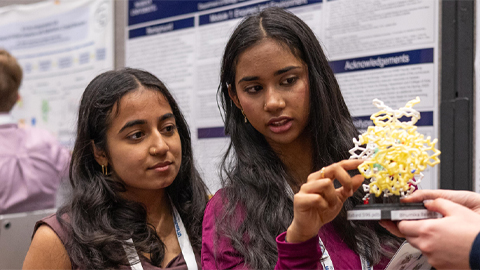
ASBMB undergraduate education programs foster tomorrow’s scientific minds
Learn how the society empowers educators and the next generation of scientists through community as well as accreditation and professional development programs that support evidence-based teaching and inclusive pedagogy.
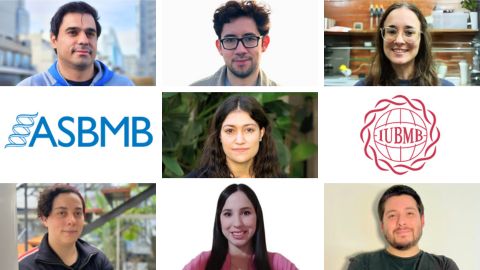
2025 PROLAB awardees announced
Seven early-career scientists receive grants to advance their research by working in North American labs.
Get the latest from ASBMB Today
Enter your email address, and we’ll send you a weekly email with recent articles, interviews and more.
